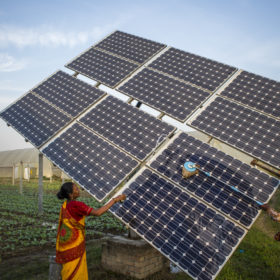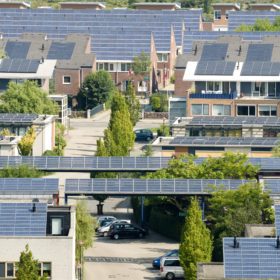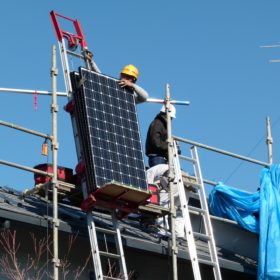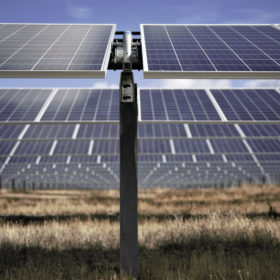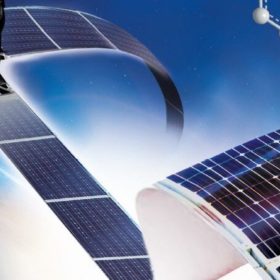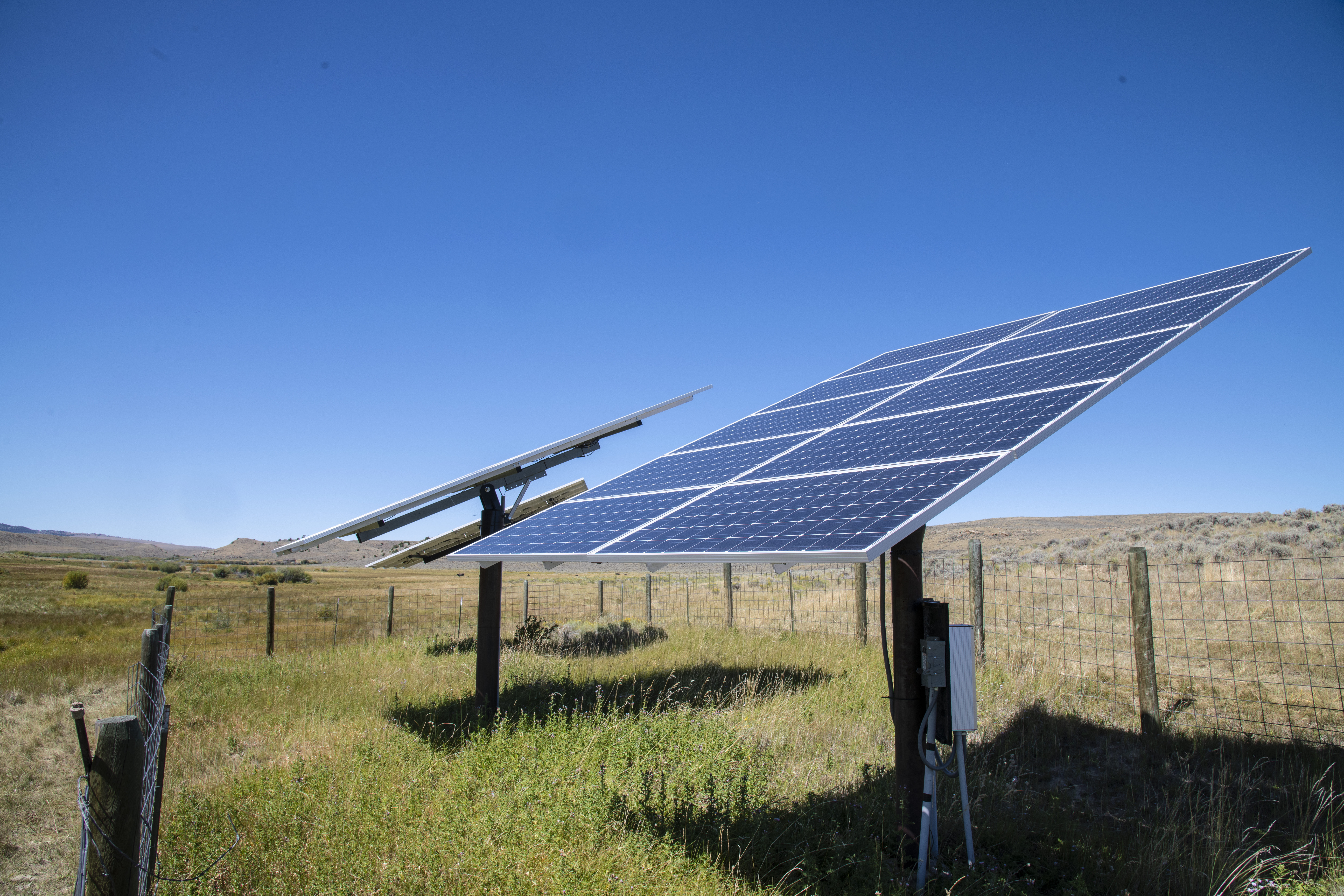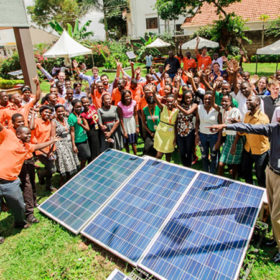Project developers can secure cash from new IRENA funding pot
The Climate Investment Platform launched by three multilateral bodies in September is now open for business and renewables companies in developing nations could qualify for help with clean energy facilities, renewables-related grid improvements and energy efficiency schemes.
Desalinating water with mobile solar-powered devices
A U.K. research team has developed a desalination mechanism that could offer a new way to provide drinking water and irrigate remote areas affected by natural disasters. Although the portable device is still in an initial, experimental phase, it can be powered by solar energy, as it has no moving parts and only requires small amounts of electricity.
Solar will turn vicious water-energy-climate cycle into virtuous loop
The International Water Management Institute is promoting the Solar Irrigation for Agricultural Resilience (SoLAR) initiative to expand the use of solar irrigation systems throughout Bangladesh, India, Nepal, and Pakistan. Proponents of solar irrigation pumps say that they can have a strong positive impact on groundwater.
German scientists develop solar facade with 50% higher yield
The three-meter prototype consists of nine panels based on an aluminum compound. The PV elements of the facade can be tilted to capture more sunlight.
Energy community provisions for Italy
New measures introduced by the government allow households, businesses and public entities to produce and trade clean electricity in low-voltage grids. The new framework is open to power projects with a generation capacity no larger than 200 kW.
Indian energy efficiency body pledges 1.5 GW of distributed solar within 13 months
Energy Efficiency Services Limited, which has already bagged orders for 800 MW of distributed solar installations in the state of Maharashtra and 113 MW in Rajasthan, says it will roll out the generation facilities by the end of the next fiscal year.
Wireless sensing for remote operation of off-grid tracker solar
Researchers in Thailand are proposing a wireless monitoring solution for PV in remote locations. The system, based on global standard ZigBee 2.4 GHz wireless technology, can read data and tilt solar panels in auto and manual modes.
What’s cooking in Eni’s PV lab?
Researchers at the Italian oil group are trying to improve organic photovoltaics and luminescent solar concentrators and a new supercomputer with sophisticated algorithms will help them with the solar energy puzzle.
A multi-level inverter for solar water pumps
Scientists in India have tested a new inverter topology with a single-phase, induction-motor water pump. The seven-level inverter, with five power semiconductor switches, is said to be particularly efficient at reducing switching losses thanks to a pulse width modulation technique.
Off-grid solar changes lives – but could help many more of the world’s energy poor
A study has attempted to provide detailed analysis of the beneficial impact off-grid renewables, led by solar, are having on people in the world’s least developed countries.


